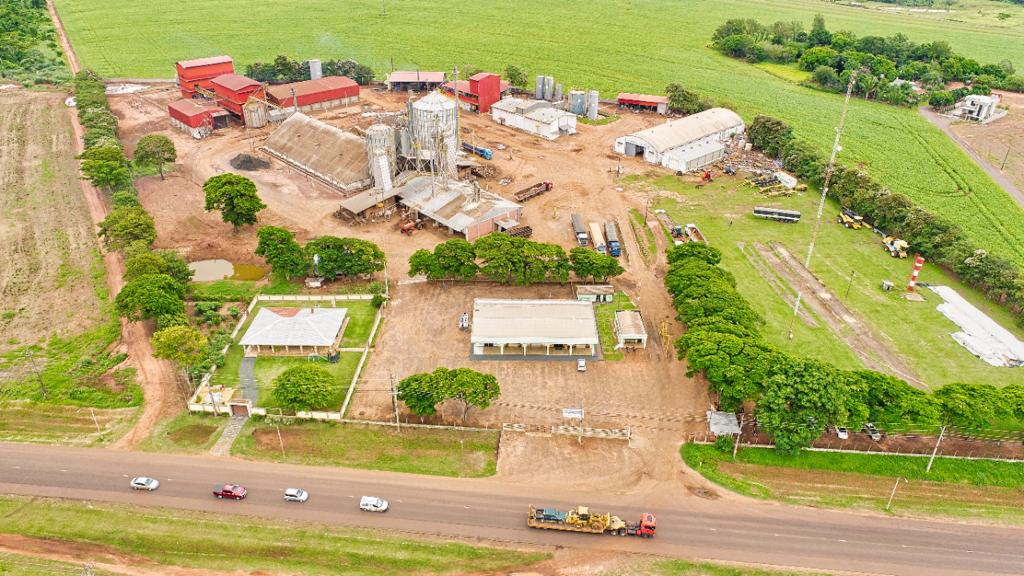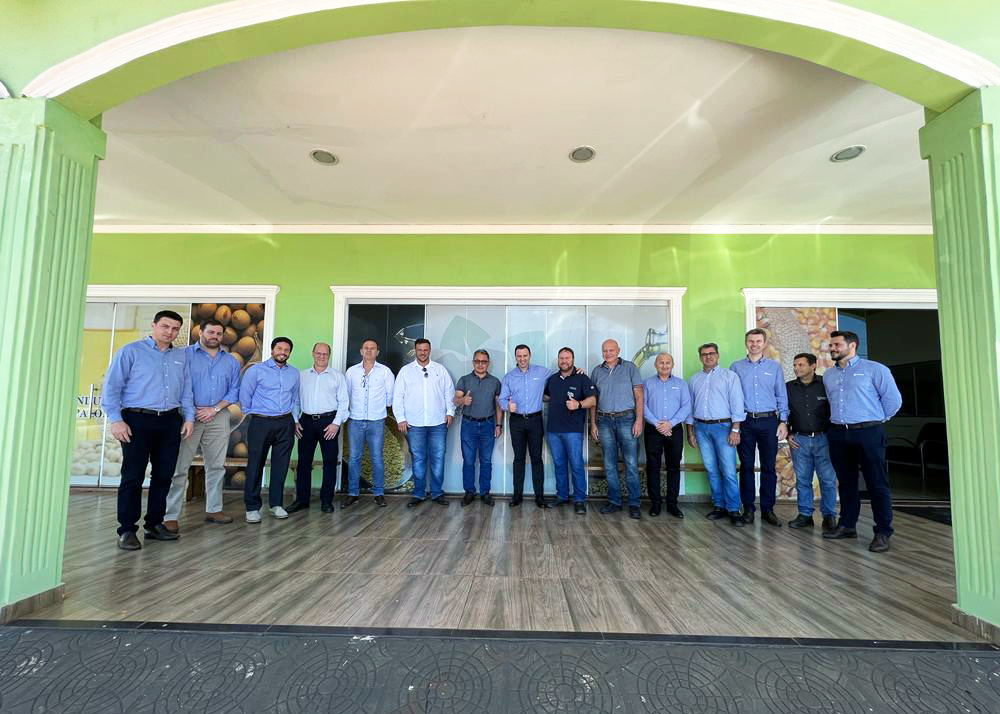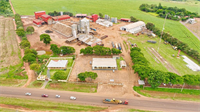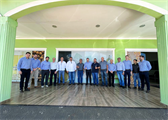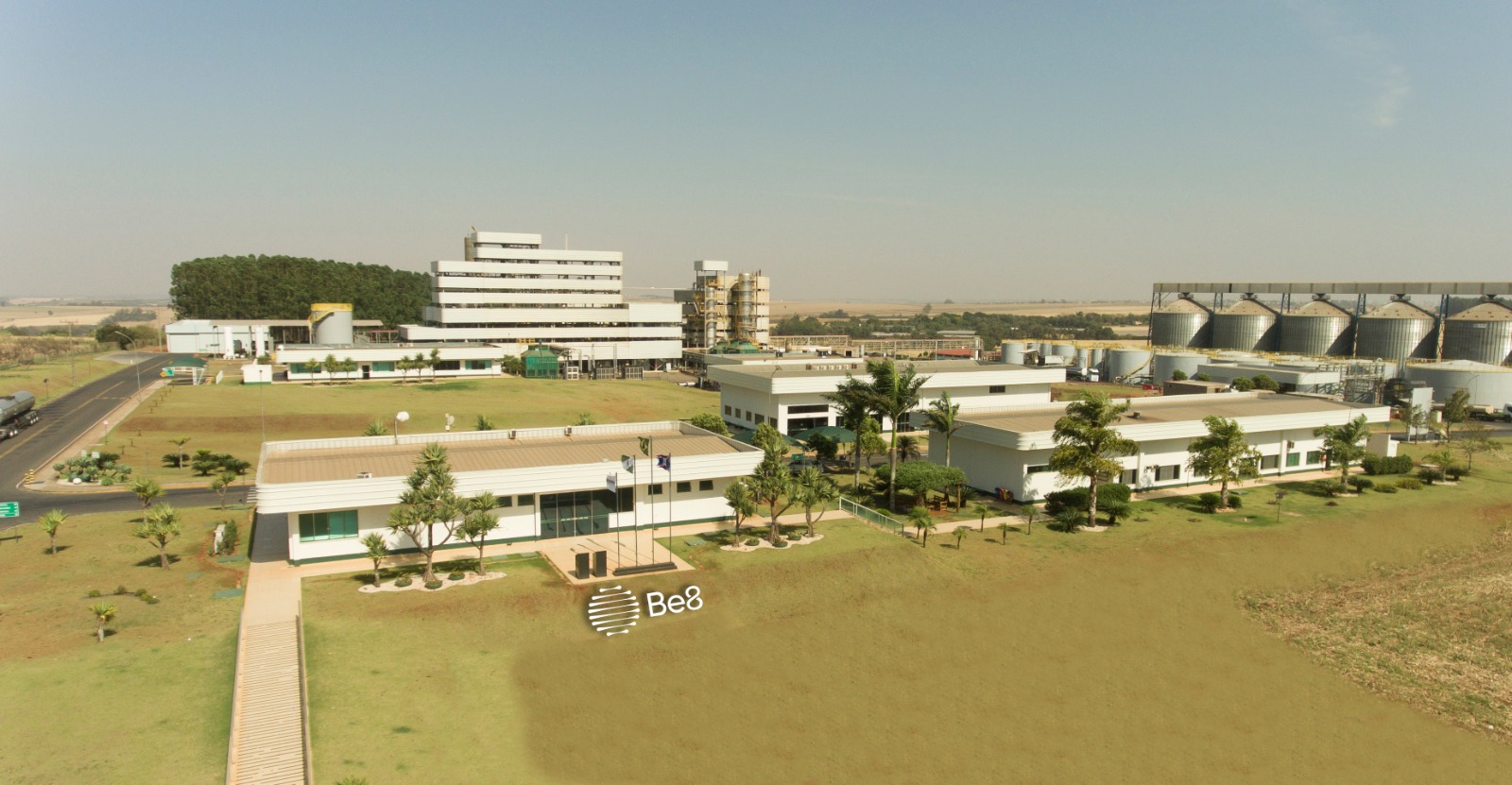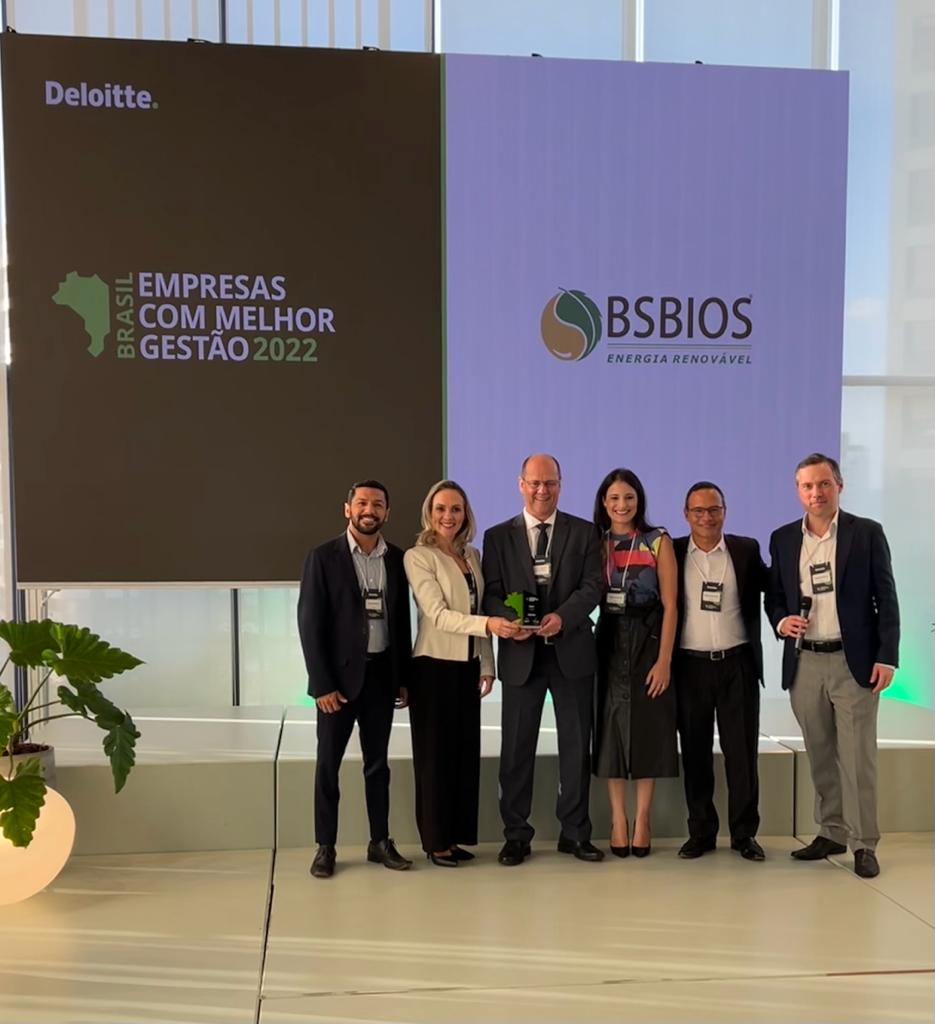BSBIOS acquires La Paloma Industrial Complex with biodiesel plant and soybean crusher in Paraguay
BSBIOS La Paloma will be a platform for the group's growth in the production of raw materials and biofuels to meet the demand in the country and in the region, following the strategic plan of investment in sustainable energies and reinforcing investments in Paraguay and internationalization
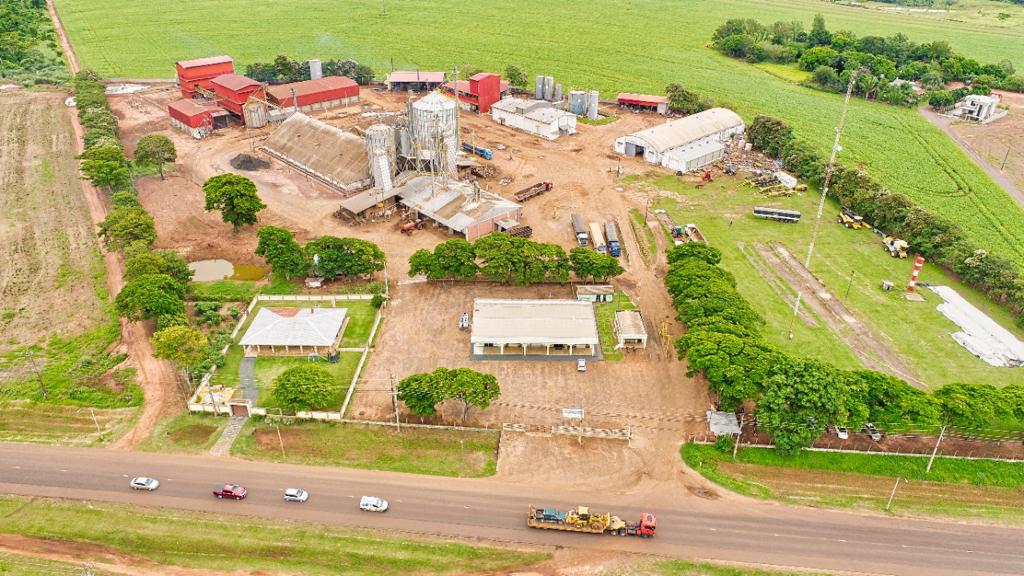 BSBIOS has acquired the La Paloma Industrial Complex, a company located in La Paloma del Espíritu Santo, in the Department of Canindeyú, Paraguay. The contract was signed on Thursday (05/01), in the city, by Erasmo Carlos Battistella, president of BSBIOS, and by the partners of La Paloma Darci Ricardi, Massimiliano Corsi and Sidney Wedderhoff. The acquisition reaffirms the position of diversifying investments, internationalizing the company and advancing in raw materials and renewable energies, reinforcing the commitment to the sustainable development of Paraguay and to meeting the growing demand for biodiesel in the region.
BSBIOS has acquired the La Paloma Industrial Complex, a company located in La Paloma del Espíritu Santo, in the Department of Canindeyú, Paraguay. The contract was signed on Thursday (05/01), in the city, by Erasmo Carlos Battistella, president of BSBIOS, and by the partners of La Paloma Darci Ricardi, Massimiliano Corsi and Sidney Wedderhoff. The acquisition reaffirms the position of diversifying investments, internationalizing the company and advancing in raw materials and renewable energies, reinforcing the commitment to the sustainable development of Paraguay and to meeting the growing demand for biodiesel in the region.
BSBIOS is already developing its commercial relations in Paraguay, through the investment project in the Omega Green advanced biofuels biorefinery, and now has the soybean crushing and biodiesel production unit, which will be called BSBIOS La Paloma.
"We are proud to take this step further. This operation reinforces our belief in the potential of Paraguay, where we are investing with the intention of expanding our international operations," explains Battistella. "With BSBIOS La Paloma, we will have the opportunity to source our own raw material in an integrated way to the producers of the region, in addition to advancing in the certification of suppliers to consolidate the increasingly sustainable performance throughout the chain," he said.
The businessman also pointed out that the region allows the growth of the operation in the coming years. "It is with this vision of growth, continuous investments and generation of employment and income for the communities that we are arriving in Canindeyú, just as we have done in all the regions where we operate," said Battistella.
"We are very happy with the operation. This stage is a very important milestone in favor of the productive community of Canindeyú and will strengthen the national industry," said Massimiliano Corsi.
Industrial Complex
The complex has the capacity to produce 7 million liters of biodiesel per year, based on vegetable oils, and has the capacity to crush 50,000 tons of soybeans per year, producing about 38,000 tons of meal in the period, soybean hull and vegetable oil. The unit also has storage capacity for grains and soybean meal, which will allow the company to carry out tranding (investment modality in the financial market) of other grains. Local employees will be kept at the unit, which has a total area of 15.3 hectares.
The plant is located in the Department of Canindeyú, which is the third largest producer of soybeans in Paraguay, occupying about 680,000 hectares of area. Its urban center is located just 5 km from the district of Francisco Álvarez, approximately 195 km from Ciudad del Este and 35 km from Salto del Guairá. Inaugurated in 2018, La Paloma Agroindustrial Complex is the result of an investment made jointly by Darci Ricardi, a Paraguayan soybean producer, and Maximiliano Corsi, an Italian investor.
BSBIOS
BSBIOS is a Brazilian company founded in 2005 and its purpose is to participate in the sustainable development of the planet, through Agribusiness and Renewable Energies.
In addition to two production units in Brazil, one in Passo Fundo (RS) and another in Marialva (PR), the group also has a production unit in Switzerland and conducts the construction project of the Omega Green biorefinery in Paraguay, which will produce advanced biofuels (HVO – green diesel, SAF – aviation biokerosene and green naphtha).
The company just announced its investment in the first large-scale ethanol plant in Rio Grande do Sul. Located in Passo Fundo (RS), the new unit will produce, when fully installed, 220 million liters of ethanol (anhydrous or hydrated) and 155 million tons per year of bran for the animal protein chain.

